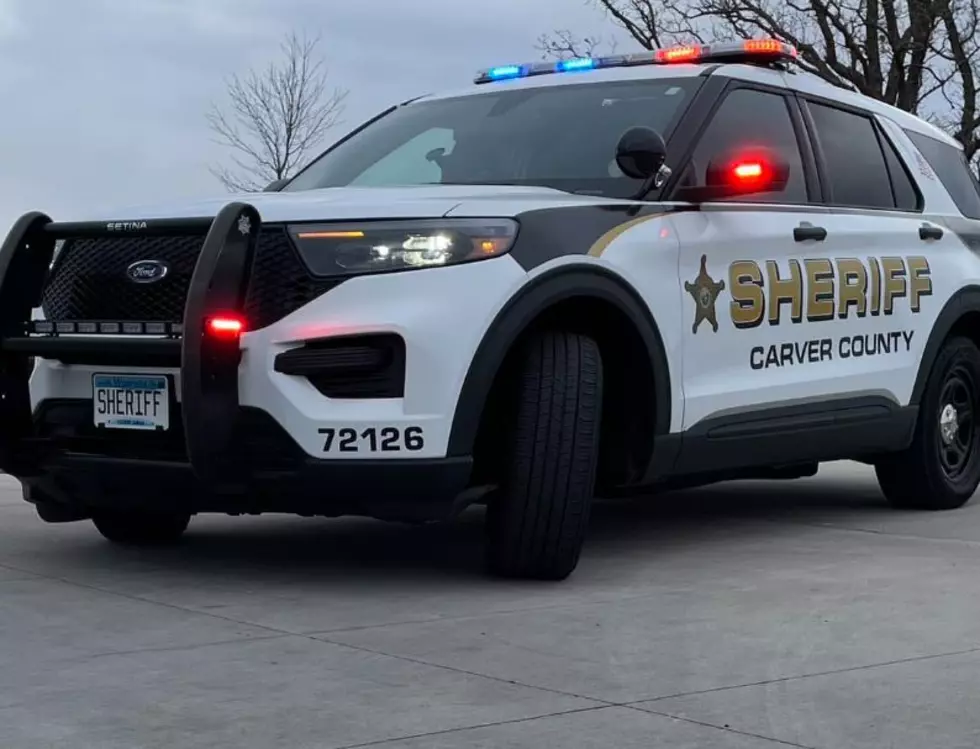
Minneapolis advances measure for minimum wage to Uber and Lyft drivers

MINNEAPOLIS (AP) — Minneapolis City Council members narrowly passed a measure on Thursday that would establish a minimum wage for drivers of Uber, Lyft and other ride-share companies in the city.
The mayor can still veto the measure.
Many of the drivers are African immigrants who have been pushing for higher wages at the state and city levels for several months.
Under the measure, drivers would be paid at least $1.40 per mile and $0.51 per minute, or $5, whichever is greater. The rule would only apply for the portion of the ride within the city.
Members of the Democratic-dominated City Council, which voted in support of the measure 7-5, said they want to increase drivers' wages as soon as possible so the drivers can afford their lives. Members also said they are voting in support to stand against the exploitation of workers by big companies like Uber and Lyft.
Those who voted in opposition said the measure needs more work — the mayor might veto it, and the measure could cause Uber and Lyft to increase their prices for consumers which would hurt people with low incomes who depend on rides from those companies for transportation.
Uber and Lyft have both released statements in opposition to the measure.
“If it becomes law, drivers would ultimately earn less because prices could double and only the most wealthy could still afford a ride," Lyft said in a statement after the vote.
It continued, “We support a minimum earning standard for drivers, but it should be part of a broader statewide solution that also protects driver independence. That’s why we urge Mayor Frey to veto this bill and instead allow time for the state’s rideshare task force to complete its research.”
In May, Minnesota Democratic Gov. Tim Walz vetoed a bill that would have mandated higher pay and job security for Lyft and Uber drivers in the state. Walz said at the time that ride-share drivers deserve fair wages and safe working conditions, but it wasn’t the right bill to achieve those goals.
Ride-hailing drivers, like other gig economy workers, are typically treated as independent contractors not entitled to minimum wages and other benefits, and have to cover their own gas and car payments.
LOOK: What major laws were passed the year you were born?
More From KROC-AM









